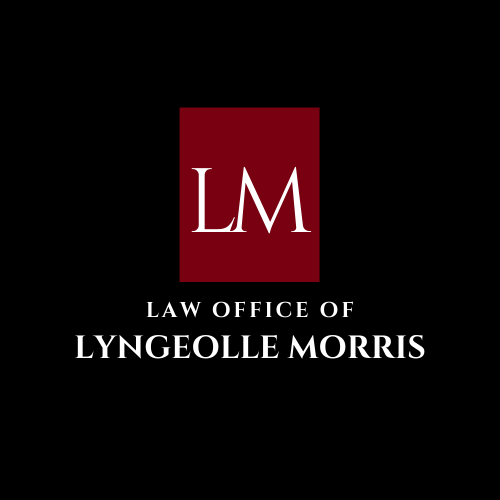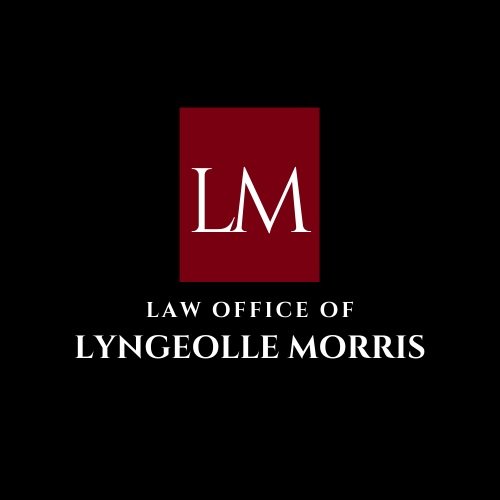Your Role as an Agent under a Power of Attorney
So you may have been appointed as the Agent or Donee in a power of attorney document, or you may be someone that may be appointed with that power in the future.
Now what?
Once you have accepted the appointment as agent or donee, you will be entrusted with certain important duties and responsibilities.
In our previous blog article, we considered what is a power of attorney, the types and the key things to consider when putting one in place. You can check it out here.
In this blog article, we will consider the agent’s role under a power of attorney.
Scope of Duties within the Provisions of the Power of Attorney
Whether you are acting as an agent under a General Power of Attorney or a Specific or Limited Power of Attorney, the starting point for determining your role as an agent will be to consider the provisions as set out under the written power of attorney document.
The provisions of the document will set out when your role takes effects (this is usually the date of execution of the document, unless otherwise provided), the transactions and dealings that you are entrusted to undertake, as well as the extent of your powers. It is therefore critical that the agent thoroughly reviews and understands the responsibilities that are outlined under this document.
As the general power of attorney will be broad, you will essentially be acting in the principal’s shoes, or undertaking transactions as if the principal would carry them out himself / herself. With a limited power however, the duties will be specific, narrow and limited to only certain acts, and may also specify those acts that the agent is not authorized to carry out.
Ethical Considerations as an Agent
Because an agent’s role is that of a fiduciary, the agent must act with the highest ethical standards with respect to the principal.
As an agent, one must act in the best interests of the principal. This means that where the agent is required to make certain decisions based on the power of attorney document, he or she must consider what the principal would have reasonably required or expected in carrying out his or her duties.
An agent is also required to act in good faith or bona fides, that is the agent must act honestly and with fairness in its dealings, and therefore should not act in a manner so as to defraud or deceive the principal or others in respect of the powers and duties under the power of attorney. Furthermore, the agent’s interests should not supersede or be in conflict with those of the principal.
Recommendations
As an agent, it is recommended that you make and keep good records. This will involve maintaining a record of notes, statements, transactions, receipts and any disbursements made in accordance with the duties under the power of attorney. It is also important that you communicate thoroughly with the principal if there are decisions that need to be made that you require further clarity on.
Acting as an agent under a power of attorney, has with it, a number of critical responsibilities, and should therefore be undertaken with the highest standards of conduct. When in doubt, always refer to the provisions under the POA, remain in consultation with the principal and maintain adequate records of any dealings you undertake in your role.
It should be noted that you can be deemed liable for acting outside the scope of authority under the POA, and can be held to be in breach of your fiduciary duties if your acts amount to gross negligence or where there is willful misconduct on your part.
As such, ensuring that you act ethically and in the best interests of the principal will be of the utmost importance when carrying out your duties.
Questions?
Thank you for taking the time to read this blog post. We hope you find it useful!
If you are a seeking further guidance on the provisions of a Power of Attorney Document, our office would be delighted to speak with you about your particular query. To find out if we can be of assistance, kindly contact us our office by clicking here.
To help you further, we’ve created an infographic on the role of the Agent under a Power of Attorney Document. You can access it by clicking here.


